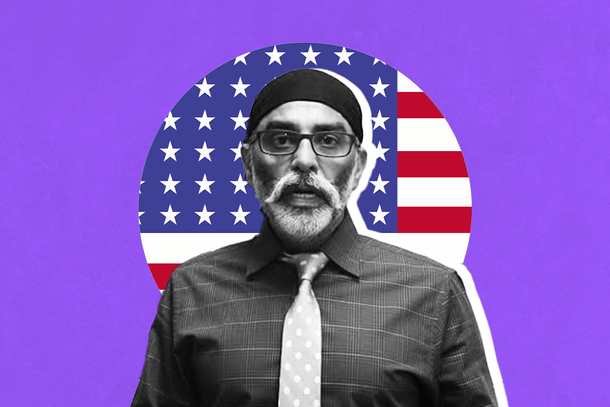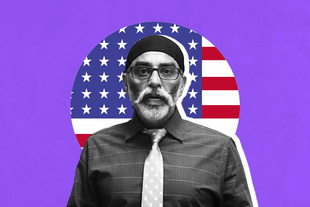News Brief
Embarrassment For US In Pannun 'Killing Plot' Case, Court In Czech Republic Stays Extradition Of Indian National Nikhil Gupta
Kuldeep Negi
May 07, 2024, 11:16 AM | Updated 12:10 PM IST
Save & read from anywhere!
Bookmark stories for easy access on any device or the Swarajya app.


In a significant development, the Constitutional Court of the Czech Republic has halted the extradition of Indian national Nikhil Gupta to the United States, where he faces charges of conspiring to assassinate Khalistani terrorist Gurpatwant Singh Pannun.
This interim decision, dated 30 January 2024, comes after Gupta contested earlier rulings by lower courts that had approved his extradition.
The highest court in the Czech Republic reasoned that extraditing Gupta could cause him disproportionately greater harm than any benefit derived from such an action, which they noted would be irreversible if later found unjustified.
The court emphasised the need to thoroughly review the case, asserting the importance of safeguarding Gupta's fundamental rights until a final decision is made.
Markéta Andrová, a spokesperson for the Czech Ministry of Justice, was quoted as saying by the Indian Express that the “the Minister of Justice cannot decide on extradition or refusal until the Constitutional Court decides on the merits of the complaint filed by Nikhil Gupta”.
On 19 January 2024, Gupta had challenged the decisions of the Municipal Court in Prague dated 23 November 2023, and the High Court in Prague dated 8 January 2024, both of which had ruled positively on the admissibility of the US’s request for his extradition.
Alluding to the involvement of state actors, Gupta’s lawyer reportedly argued that the Municipal Court and the High Court did not properly assess the political nature of the act.
Pavel Dvorák, from the Czech Constitutional Court's external relations and protocol department, explained that the suspension is a precautionary measure to protect the rights of the complainant, which might otherwise be irreparably harmed.
The uncertainty of the timeline for the Constitutional Court's final ruling was highlighted by Andrová, who noted that the duration of the proceedings could vary significantly depending on the case's complexity and the court's workload.
The controversy stems from allegations that Gupta, purportedly acting under the directives of an unidentified Indian official, sought to hire a hitman to kill Pannun, a US citizen labeled a terrorist under India's Unlawful Activities (Prevention) Act.
Following his arrest in Prague in June last year, Gupta also claimed to have suffered human rights violations by Czech authorities—a claim that is now under the Constitutional Court's scrutiny.
The United States and the Czech Republic share an extradition treaty under which the extradition was requested.
Last year, the US had shared information with the Indian government about the foiled assassination bid, and also sought an investigation into the alleged involvement of the Indian official.
Meanwhile, a recent report in The Washington Post has suggested involvement by a former Indian intelligence officer in the alleged assassination plot. However, the Ministry of External Affairs has dismissed the report as “unwarranted and unsubstantiated”.
Also Read: PM Modi Calls For Muslim Indians To Introspect; Calls Out Assumption Of Muslim Veto
Kuldeep is Senior Editor (Newsroom) at Swarajya. He tweets at @kaydnegi.





